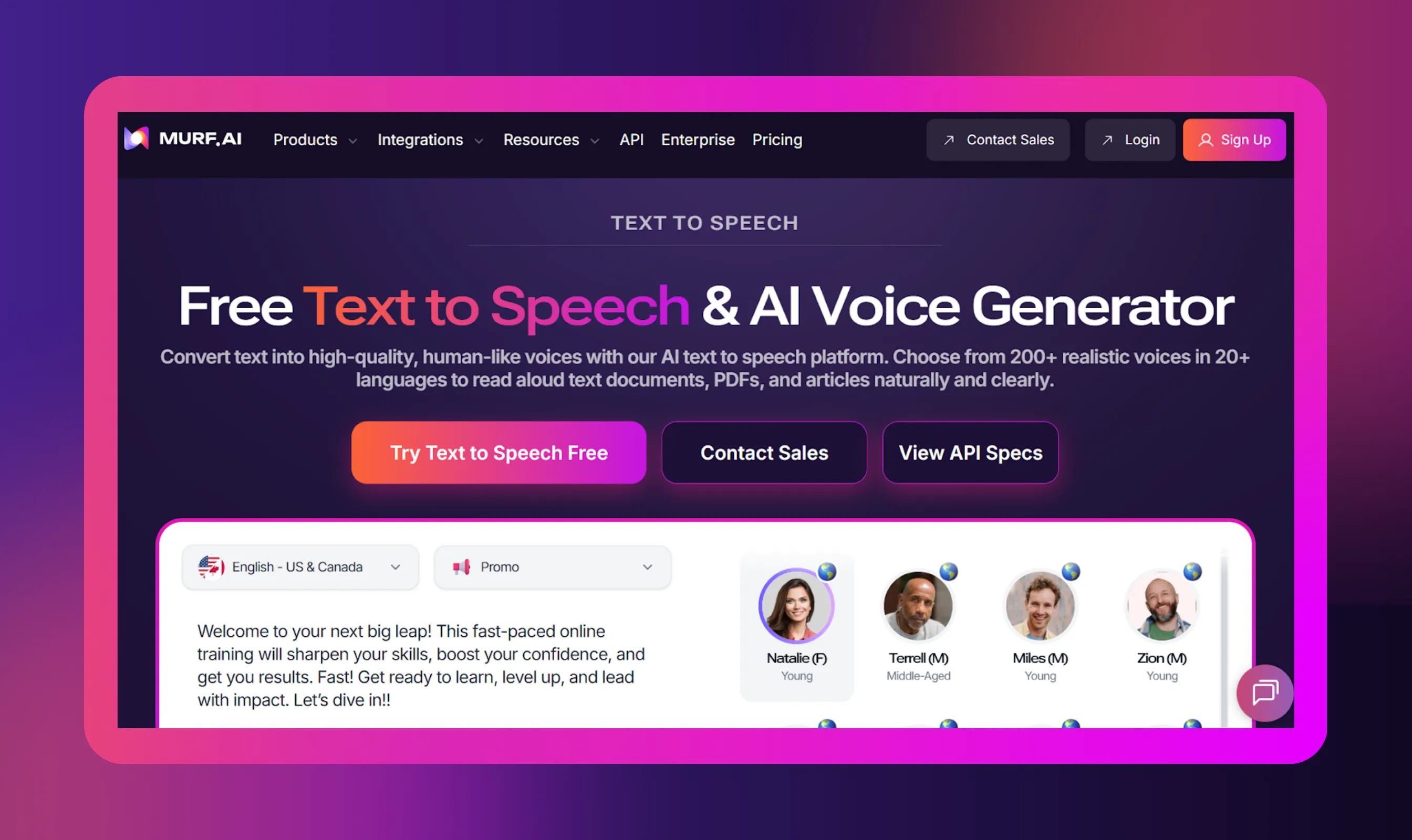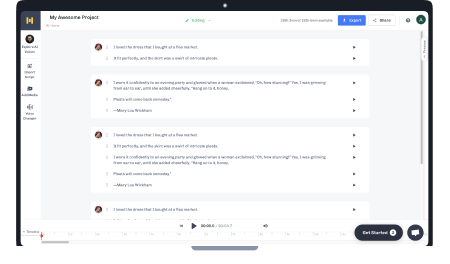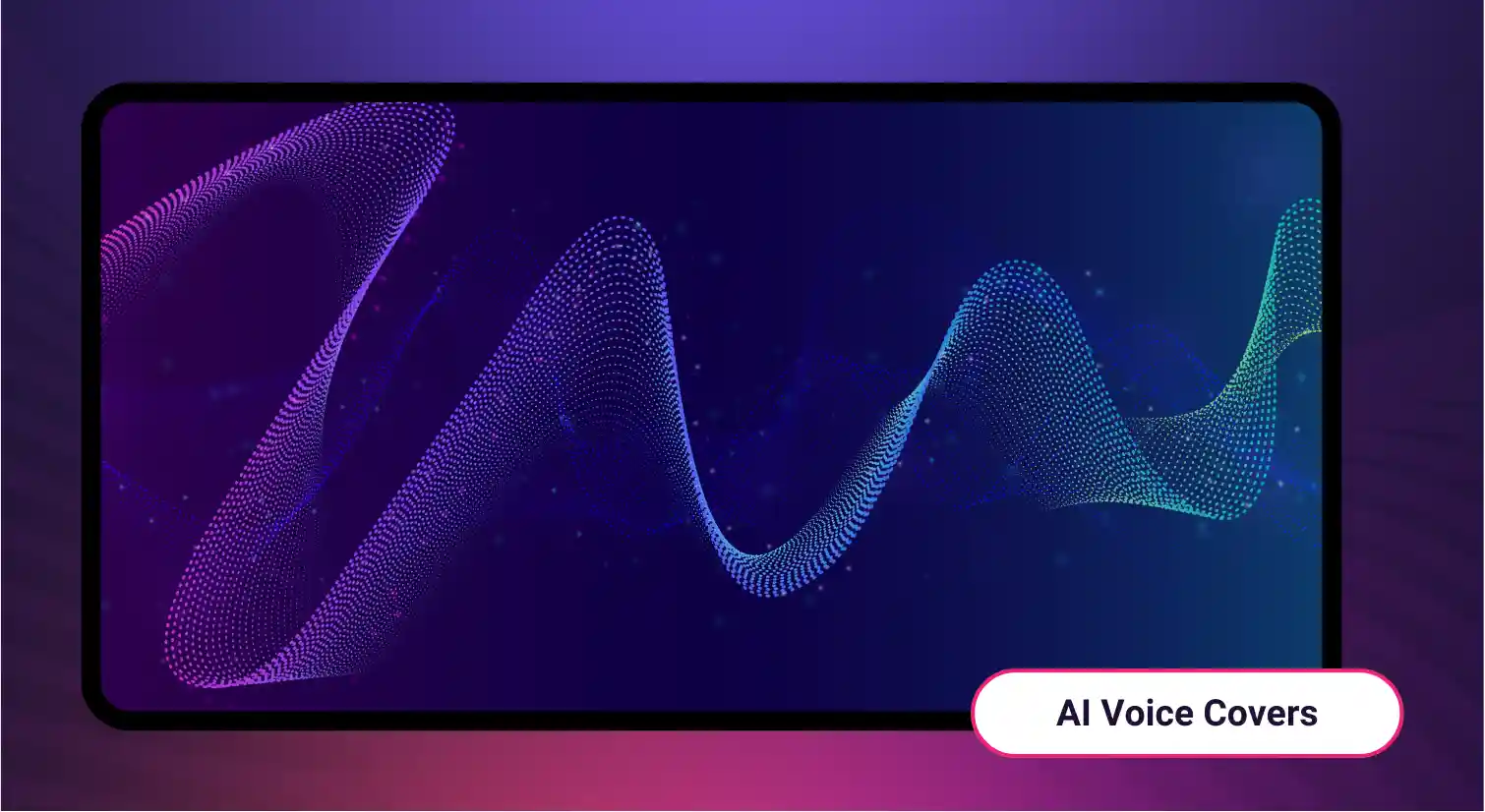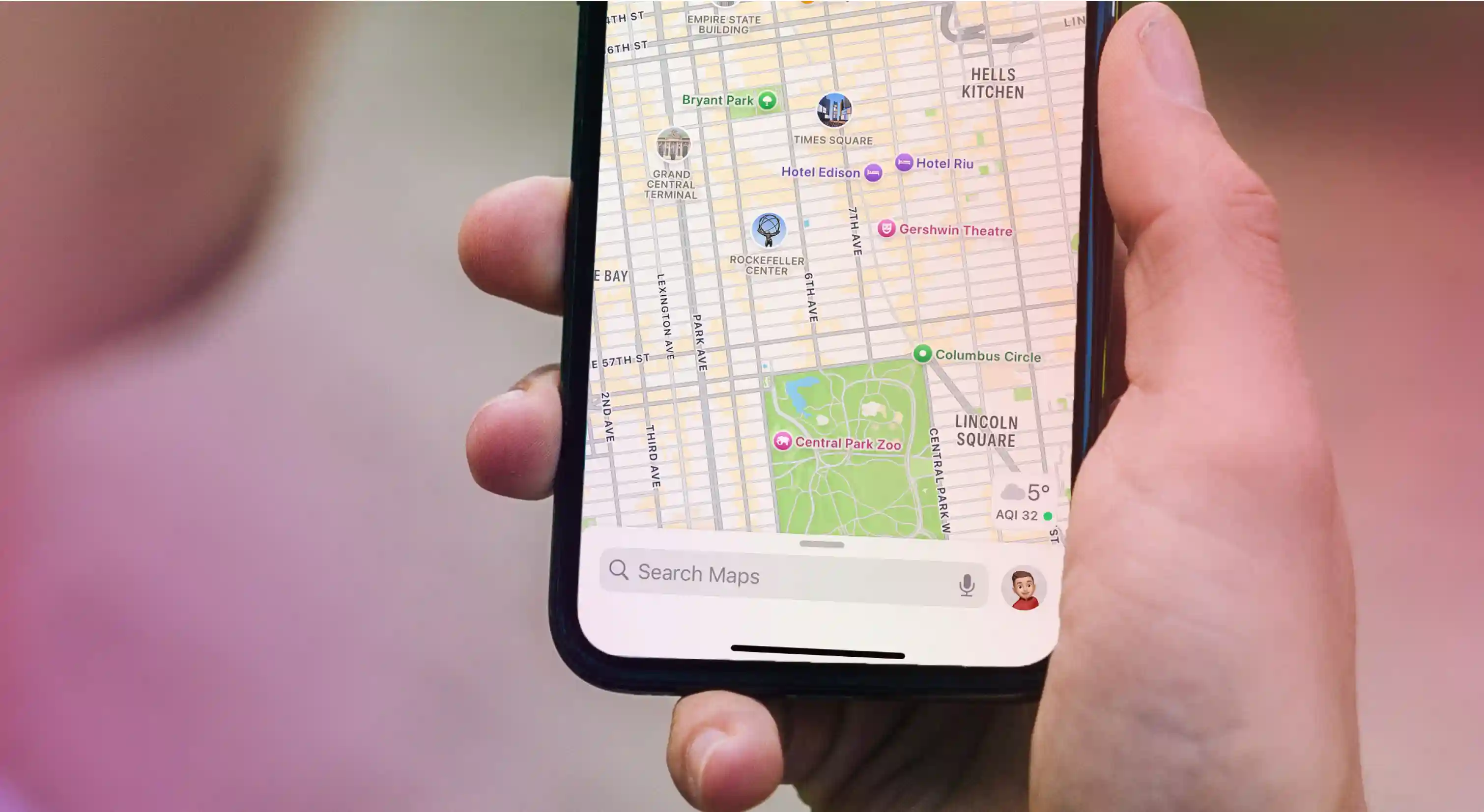Cartesia vs Elevenlabs: Tried Both & Here's the Winner [2026]
![Cartesia vs Elevenlabs: Tried Both & Here's the Winner [2026]](https://cdn.prod.website-files.com/675151245f2993547dbd5046/697b407fe35b527314ad856c_69203ae520e05df942cee6bf_Cartesia%2520vs%2520Elevenlabs%2520Tried%2520Both%2520%2526%2520Here%2527s%2520the%2520Winner%2520%255B2025%255D.webp)
The race for the most natural-sounding AI voices is heating up. On one side, ElevenLabs has become the benchmark for hyper-realistic speech, trusted by creators, businesses, and professionals worldwide. On the other, Cartesia is stepping onto the scene as an ambitious challenger, promising new innovations in voice AI models, pronunciation accuracy, and emotional range.
For anyone looking into text to speech, voice cloning, or ultra-realistic voice generation, the question naturally becomes: Cartesia vs ElevenLabs. Both platforms offer unique strengths, whether it is the free ultra-realistic voice options, audio telephony optimized voices, or style exaggeration controls for creative flexibility.
But they also differ in pricing, performance, and scalability.
We’ll discuss the features, costs, and real-world performance of each, helping you decide which solution best fits your creative or business needs.
Cartesia vs ElevenLabs: A Snapshot
Here’s a quick look at what Cartesia and ElevenLabs bring to the table.
Cartesia
Cartesia positions itself as an innovator focusing on speed, efficiency, and flexible deployment. Rather than trying to replicate human voices perfectly, it emphasizes practical performance for real-time and large-scale applications. Its Sonic model currently supports native speech in 15 languages. Companies opting for Sonic can localize voices to any accent or language.
Unique Characteristics
- Speed and Low Latency: Prioritizes time to first audio (TTFA) and low processing delays, making it ideal for real time applications.
- Lightweight Deployment: Optimized for on-device or on-prem setups, which helps companies that need control over infrastructure or have privacy requirements.
- Experimental Features: Provides tools for voice design controllability. Developers who want flexibility over output might find this appealing.
- Target Audience: Developers, researchers, and companies exploring new voice AI models or integrating text to speech into interactive systems.
ElevenLabs
ElevenLabs has built its reputation as a leader in ultra-realistic voice generation and professional voice cloning, offering some of the most natural-sounding voices available today. Its Eleven v3 model allows users to localize at scale with human-like speech in over 70 languages.
Unique Characteristics
- Voice Quality: Known for hallucination-free ultra-realistic voices with strong pronunciation accuracy.
- Voice Cloning: Come with advanced voice cloning capabilities that reproduce an original voice with emotional nuance.
- Feature Depth: Includes style exaggeration controls, IPA support, and a wide emotional range.
- Target Audience: Content creators, businesses, and professionals who need natural and realistic voices for narration, customer support, or media.
The bottom line? Cartesia offers speed, agility, and experimental features for developers. With ElevenLabs, you get polished, hyper-realistic voices and strong voice cloning for creators and businesses.

Key Comparison: Features & Capabilities
When weighing Cartesia vs ElevenLabs, it’s not just about which one sounds more realistic. Each platform has its own strengths across voice variety, quality, editing tools, export options, and developer integrations. Let’s examine the major categories side by side.
Voice Variety & Languages/Accents
Cartesia
- Cartesia leans more toward innovation than sheer variety. Its models support 15 languages and are designed for flexibility in voice design control. This makes it easier for developers to generate customized or experimental voices.
- While it doesn’t currently offer the same broad multilingual catalog as ElevenLabs, Cartesia emphasizes efficiency in audio telephony optimized voices and lightweight voices that perform well in low-bandwidth or real-time settings.
- It is best for developers or researchers who prioritize voice design controllability over large language coverage.
ElevenLabs
- ElevenLabs excels in multilingual support (70+ languages), with continuous expansion into new languages and regional accents. Its diverse set of voices feels natural across English, European, and Asian languages, making it a go-to for global businesses.
- Its cloning feature allows the creation of cloned voice samples in multiple accents without requiring much training data (often just a few seconds of audio).
- It is most suitable for creators and businesses that need polished generated speech across multiple languages and audiences. Also, its v3 model is best for storytelling, gaming, and media production.
Verdict: ElevenLabs is stronger in sheer variety and global accessibility, while Cartesia appeals to those experimenting with custom voices and niche deployments.
Speech Quality
Cartesia
- Prioritizes low latency and time to first audio (TTFA) performance. Its Sonic-Turbo model comes with a time-to-first-audio of under 40ms. As such, it is built for real-time scenarios where speed matters more than absolute realism.
- Offers a lower quality flash model option for fast turnaround, though this means less depth and reliability compared to ElevenLabs.
- It is designed to reduce errors while still providing clear, serviceable voices.
ElevenLabs
- Known for ultra-realistic voices that rival human narration. Its audio is natural, fluid, and capable of subtle variation, with a word error rate (WER) of 2.83 in benchmarks.
- Provides stability, similarity, and style controls to fine-tune delivery.
- Produces free ultra-realistic voice samples in high fidelity that are widely considered the best in the market.
Verdict: ElevenLabs wins on realism and voice quality comparison, while Cartesia’s edge is speed and adaptability for live or bandwidth-constrained use.
Emotional Expression & Style
Cartesia
- Currently focuses on functionality more than expressive depth. While it allows voice design controllability, its emotional output is more neutral and less nuanced compared to ElevenLabs. Similarity and style exaggeration may not be possible.
- Good for practical scenarios like reading documents and telephony-optimized voices where emotional delivery isn’t critical.
ElevenLabs
- The v3 Alpha model offers advanced controls, making voices capable of empathy, dramatic emphasis, and subtle tone changes.
- Capable of mirroring the emotional range of an original voice during voice cloning, which is essential for creative projects like audiobooks, films, and marketing.
- Its voice model adapts contextually to shifts in tone with ultra-realistic delivery.
Verdict: ElevenLabs is far ahead in emotional depth, while Cartesia provides steady, functional voices better suited to utility use cases.
Editing Tools & Interface Usability
Cartesia
- Offers experimental controls around voice design, which appeals to developers but may feel less intuitive to non-technical users.
- Interface leans more toward flexibility than simplicity, which makes it better for testing but not as beginner-friendly.
- Advanced features like custom sliders are available but still evolving.
ElevenLabs
- Known for an intuitive dashboard that even beginners can use effectively.
- Includes tools like style exaggeration controls, emotion sliders, and the ability to manage multi-voice projects.
- Clear usability makes it accessible for individual creators, teams, and businesses alike.
Verdict: ElevenLabs offers a smoother and more polished editing experience, while Cartesia caters to developers who want fine-grained, technical control.
Export & Licensing
Cartesia
- Supports standard export formats such as MP3 and WAV, with a focus on integration into apps rather than polished end-user tools.
- Licensing leans toward flexibility for enterprises, particularly for their self-serve tier. Boasts up to 15 concurrent requests on the highest self-serve tier (60 parallel conversations).
- Good fit for companies that need on-device or on-prem control over usage rights.
ElevenLabs
- Provides straightforward export in common audio formats, with options to integrate into video workflows.
- Licensing is clear, with commercial use included in paid tiers. Promises up to 15 concurrent requests on the highest self-serve tier.
- Pricing is based on monthly character limits. Users can estimate how much text-to-speech they’ll need and choose a plan that fits their scale.
Verdict: Both platforms handle export well, but ElevenLabs is clearer and friendlier for small businesses and creators, while Cartesia’s licensing is more flexible for enterprise control.
Integration & API Availability
Cartesia
- Strong emphasis on developer integrations. Provides APIs designed for embedding in workflows, interactive systems, and real time applications.
- Cartesia supports on-prem deployment, making it a strong choice for companies that need to run voice AI on their own devices or servers rather than relying solely on the cloud.
- Well-suited for businesses building custom voice AI into apps or platforms.
ElevenLabs
- API and SDK support are robust, with simple endpoints for text to speech conversion, voice cloning, and batch processing.
- Ideal for creators, media teams, or businesses integrating voices into video apps, call centers, or virtual assistants.
- Broad community adoption means developers can look for ElevenLabs integration in existing tools.
Verdict: Cartesia is stronger for enterprise-grade deployments needing privacy and control, while ElevenLabs offers a versatile, developer-friendly API for wide creative and business use.
Pricing
Cartesia Plans
- Free: $0/month for 10,000 credits for models; $1 prepaid for agents
- Pro: $5/month for 100,000 credits for models; $5 prepaid for agents
- Startup: $49/month for 1.25M credits for models; $49 prepaid for agents
- Scale: $299/month for 8M credits for models; $299 prepaid for agents
- Enterprise: Custom pricing; tailored for large-scale deployments
ElevenLabs Plans
- Free: $0/month for 10,000 credits; 10 minutes of high-quality Text to Speech
- Starter: $5/month for 30,000 credits; 30 minutes of high-quality Text to Speech
- Creator: $11/month for 100,000 credits; 100 minutes of high-quality Text to Speech
- Pro: $99/month for 500,000 credits; 500 minutes of high-quality Text to Speech
- Scale: $330/month for 2M credits; 2,000 minutes of high-quality Text to Speech
- Business: $1,320/month for 11M credits; 11,000 minutes of high-quality Text to Speech
Murf AI: The Best ElevenLabs vs Cartesia Alternative

While the debate around Cartesia vs ElevenLabs dominates most conversations, Murf AI is emerging as a powerful third option. Its TTS tool combines the efficiency of Cartesia with the expressive realism of ElevenLabs, but adds unique advantages that make it especially appealing to businesses and individual creators at scale.
Voice Quality & Variety
Murf delivers natural and realistic widely trusted voices across multiple languages and accents, rivaling ElevenLabs in lifelike delivery while offering a broad catalog for global teams. Choose from 200+ realistic voices in 40+ languages to read aloud text documents, PDFs, and articles naturally and clearly.
Scalability
With pricing tiers that fit everything from startups to enterprises, Murf avoids the rigid self-serve tier structure of Cartesia or ElevenLabs. Users can scale usage without hitting character-count walls like XYZ character limit per request. Currently, it is trusted by over 300 leading Forbes 2000 Enterprises.
Advanced Features
Murf offers built-in tools for voice design, pitch, speed, and emphasis control, giving creators a higher degree of voice design controllability without requiring technical expertise. Murf Speech Gen 2, a 2nd generation neural TTS model, produces AI voices indistinguishable from human speech, capturing every nuance and subtlety.
Business Focus
Unlike Cartesia’s experimental lean or ElevenLabs’ creator-first approach, Murf is also tailored for enterprises. This has made Murf AI perfect for real time applications in fields like podcasting, gaming, training, marketing, and customer support.
Integration & Ease of Use
Murf’s intuitive editor works for non-technical users, but it also provides API support for teams embedding text to speech and voice generation and cloning into workflows. Integrate the Text to Speech generator seamlessly into your everyday workflow with tools like PowerPoint, Adobe Audition, Canva, and Webflow. Moreover, Murf's Text-to-Speech API delivers a pronunciation accuracy of 99.38%.
Pricing
- Free: $0/month for 100,000 characters; 1 API key; 5 concurrent requests; 1,000 requests/minute
- Creator: $19/month for additional features; pricing details available upon inquiry.
- Business: $66/month for advanced features; pricing details available upon inquiry.
- Enterprise: Custom pricing; tailored solutions for large-scale deployments; contact for details.
When comparing Cartesia vs ElevenLabs, both offer strong voice AI models and ultra-realistic voice generation, but Murf AI stands out with unmatched voice design controllability, scalable plans, and ease of use. For creators, businesses, and professionals seeking efficiency, realism, and flexibility, Murf is the preferred text to speech solution.

Frequently Asked Questions
Which is better: Cartesia or ElevenLabs?
.svg)
It depends on your needs. Cartesia focuses on low latency, 8kHz audio telephony optimized voices, and flexible deployment, while ElevenLabs shines in professional voice cloning, ultra-realistic voice generation, and emotional expressiveness. Businesses often choose based on speed versus realism.
What’s the difference between Cartesia and ElevenLabs?
.svg)
The key difference lies in focus. Cartesia emphasizes lightweight deployment, real time applications, and experimental voice design controllability, while ElevenLabs prioritizes voice quality comparison, multilingual support, and near-human emotional range. Both serve creators, developers, and enterprises but with different strengths.
Which is cheaper: Cartesia or ElevenLabs?
.svg)
Pricing varies by usage. ElevenLabs offers plans like per month with 30k characters or per month with 500k, while Cartesia has serve tier custom options for enterprise. Smaller creators may find ElevenLabs affordable, but Cartesia offers better flexibility at scale.
Does Cartesia support voice cloning like ElevenLabs?
.svg)
Yes, Cartesia provides voice generation and cloning, but its strength lies more in voice design control and efficiency. ElevenLabs, however, leads in voice cloning capabilities with higher fidelity and the ability to recreate an original voice using just seconds of audio.
Which alternative to Cartesia and ElevenLabs can be considered?
.svg)
Murf AI is a strong alternative, offering natural and realistic widely trusted voices, easy editing tools, and enterprise-friendly scalability. It balances pronunciation accuracy, usability, and cost, making it a practical choice for companies that need reliable text to speech solutions.















